Palmetto Bluff Real Estate Company Sales Office
Office Hours
Monday-Friday 9am - 5pm
Saturday 9am - 4pm
Sunday 12 - 4pm
Saturday 9am - 4pm
Sunday 12 - 4pm
On January 9, 1918, FBI Agent William V. O’Brien arrived in Bluffton, on the trail of a possible enemy operative working for the Austro-Hungarian Empire. O’Brien quickly sought out the local informants who had tipped off the authorities. A member of Beaufort County’s Food Conservation Committee had reported the suspicious behavior, but that official had simply relayed details provided by Miss Ruth Padgett, the schoolteacher at Palmetto Bluff. Miss Padgett taught the children of the employees of Richard T. Wilson Jr., the owner of the 20,000-acre property.
Although some Bluffton residents worked for the Wilsons, many of the household staff were from Europe. Irish, English, Danish, Scottish, and Norwegian servants were among those who attended the family at their home in New York and accompanied them when they traveled south to their winter residence at Palmetto Bluff. In 1917, Mr. and Mrs. Kover from Hungary were among the Wilsons’ employees.
At the time, the United States was embroiled in World War I, fighting against Germany and the Austro-Hungarian Empire. As American troops battled abroad, those at home rallied to the war effort. A request by the new federal agency the US Food Administration for everyone to conserve food was embraced as not only a way to contribute to the cause but also a patriotic duty. Across the country, families pledged to reduce their use of sugar, wheat, and meat so those supplies could be sent to the troops and European allies. “Victory gardens” sprouted in backyards and public spaces, as communities turned to local production to save food and fuel for the soldiers.
While the conservation of food was voluntary, there was enormous social pressure to participate in the effort. The US Food Administration’s campaign “Food Will Win the War” blanketed the country in posters, advertisements, and newspaper articles on Americans’ duty to conserve food. Schoolteachers sent home pledge cards for parents to sign that affirmed their family’s commitment to “Meatless Mondays, Wheatless Wednesdays, and Porkless Saturdays.” And this is what led to Miss Ruth Padgett’s suspicions of an enemy agent at Palmetto Bluff.
During the last week of October 1917, Miss Padgett issued food conservation pledge cards to her students at Palmetto Bluff. The children dutifully took the cards home for their mothers to sign. Over the next few days, the signed pledges came back—all except the card from the Kover family. The Kovers’ card was returned unsigned.
While an unsigned card might have raised eyebrows, not everyone participated in the pledge card program. In a few parts of the country, officials bragged that 100 percent of the pledge cards were signed. In other places, the percentage was much lower. The Charleston Evening Post reported in January 1918 that 100,000 families in South Carolina had signed the pledge and that the goal was 300,000. So, if young Steven Kover had stayed silent when he returned an unsigned card to his teacher, it might have resulted in only a disapproving look from Miss Padgett. Perhaps it was fear of his teacher’s displeasure that prompted Steven to offer an explanation. He said his mother “would not sign the card because her sympathies were with her own country and she would not do anything she thought would harm her own country.” One can only imagine Miss Padgett’s shock at hearing this bit of information—and it wasn’t information she thought she should keep to herself.
Miss Padgett reported the Kovers’ refusal to sign the pledge to the Food Conservation Committee in Bluffton. Over the next few weeks, this tidbit of intelligence worked its way up various ladders of authority until it landed on the desk of Lewis J. Baley, head of the Georgia branch of the Federal Bureau of Investigation. Baley referred the case to the South Carolina branch in Charleston, since any action the bureau took would need the approval of the federal attorneys in South Carolina. The Charleston office dispatched Agent O’Brien to investigate.
After spending the night in Bluffton, Agent O’Brien arrived at Palmetto Bluff by boat on the morning of January 10. He was taken to see Charles Newton, the manager of the Palmetto Bluff estate. Newton confirmed that the Kovers had been employed by Wilson in May 1917 and that they had worked for Wilson until December 28, when they had been let go. Newton could not give specific details but said he believed the Kovers’ sympathies were with the Central powers. Still, he had to admit he had never heard the Kovers make a disloyal statement.
O’Brien interviewed other employees of the Wilsons. No one had ever heard the Kovers make any kind of comment that could be construed as suspicious. Miss Padgett confirmed this, saying the only thing she had heard was what Steven Kover had told her about the pledge card. Still, as the Kovers were from the Austro-Hungarian Empire, O’Brien decided to track them down.
The captain of the steamship Attaquin said the Kovers were passengers who had been on board when the ship left Palmetto Bluff on January 1. He reported that later that day, the Kovers had disembarked in Savannah. Despite the Kovers’ nine-day lead, O’Brien set off for Savannah. He soon established that the Kovers’ luggage had been taken to the Ocean Steamship Company. That company’s ticket agent turned over the passenger records for O’Brien’s perusal. O’Brien had missed them by just 36 hours.
The Kovers had left for New York City on a steamship at 5:00 a.m. on January 9, and O’Brien had arrived in Savannah on the afternoon of the 10th. Perhaps disappointed at the escape of his suspects, he returned home to Charleston the following morning.
Today, it seems absurd to think that the Kovers were enemy agents, and even if they were, that they could have inflicted damage to the United States through their employment by the Wilsons. Yet paranoia often accompanies patriotism, as it did at that time. Even in Beaufort County, a place far removed from the front lines and war rooms of World War I, people were arrested for statements that were considered anti-American. As for the Kovers, there are no records that indicate further pursuit by the FBI after they left Savannah. They may well have remained completely unaware that they had caused a stir in Bluffton and Palmetto Bluff and that they had eluded the FBI.
Read the original story in the Fall / Winter edition of The Bluff magazine.

Photography by Summer Pagatpatan Bentley || Chocolate Labrador || Male || 9 Years Old Bentley is always happy to see anyone. He’s the fan favorite in our neighborhood and might bust down the door to see you! Bentley loves to go on a treat walk in Wilson ...
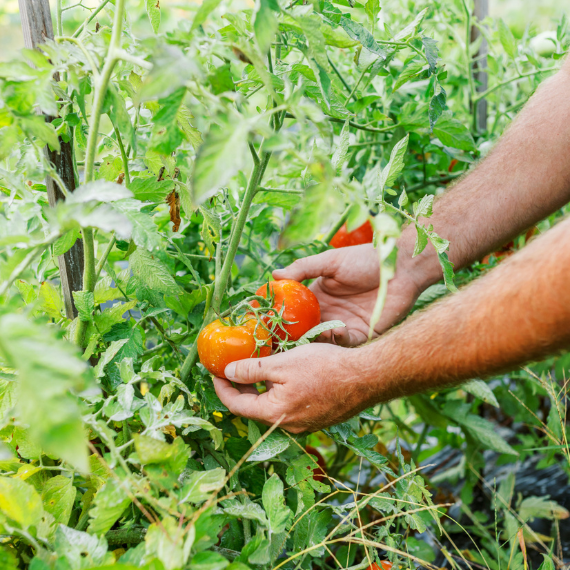
What’s more “summer” than tomatoes from the garden? Or, in Palmetto Bluff’s case–tomatoes from The Farm? We asked our newest addition to the Palmetto Bluff Club’s culinary team, Chef Beth, to share a classic summer staple from her library of recipes: Fattouche...
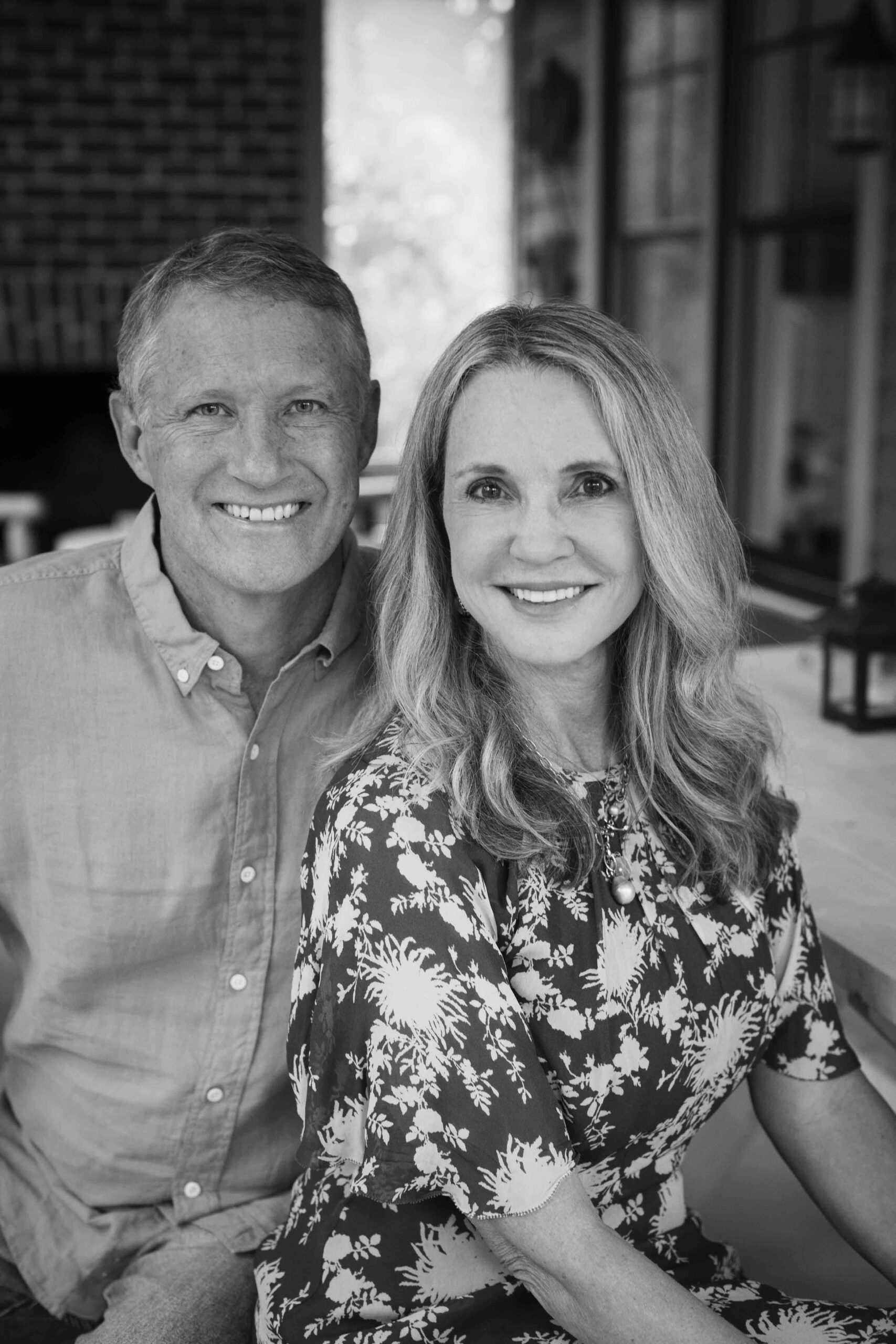
How did you two meet? Patti: We actually met in college but never dated. We went to Auburn University and both moved to Atlanta after graduation. He was in graduate school at Emory, and I worked as a nurse at Emory’s Children’s Hospital. Pat: Our friend grou...
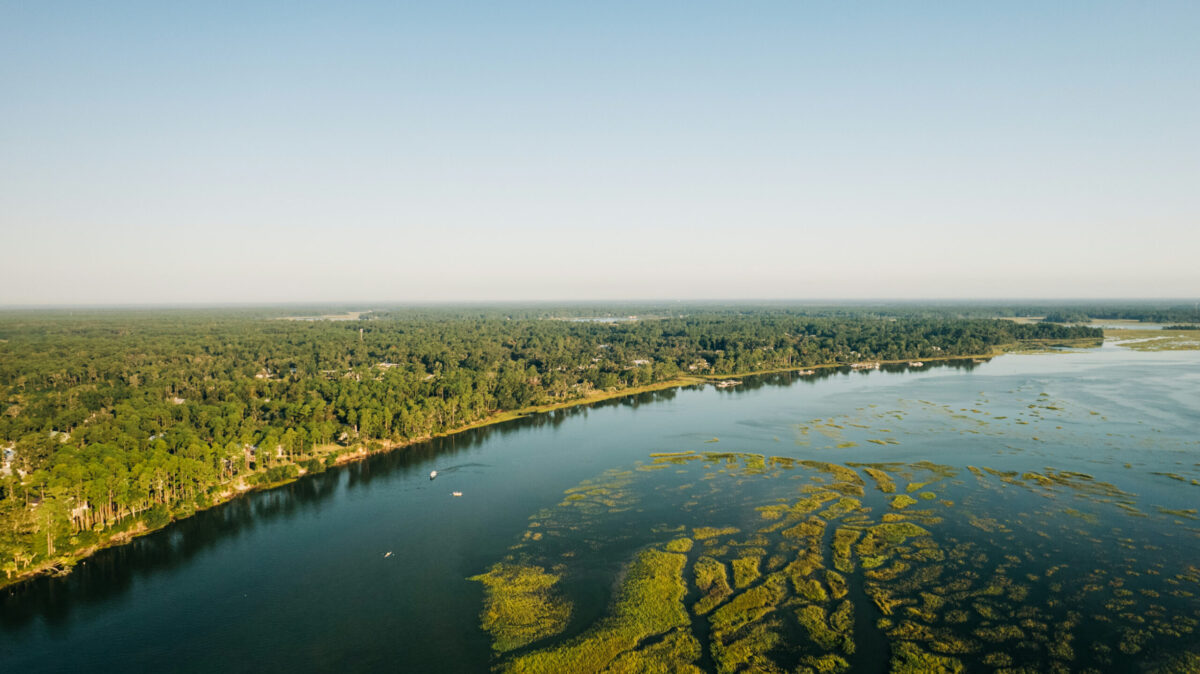
Boat The Bluff: South Carolina Waterways Imagine gliding through serene, glassy waters surrounded by lush marshlands and maritime forests. Welcome to Palmetto Bluff, South Carolina—a paradise for nature enthusiasts, water sports aficionados, and anyone seekin...
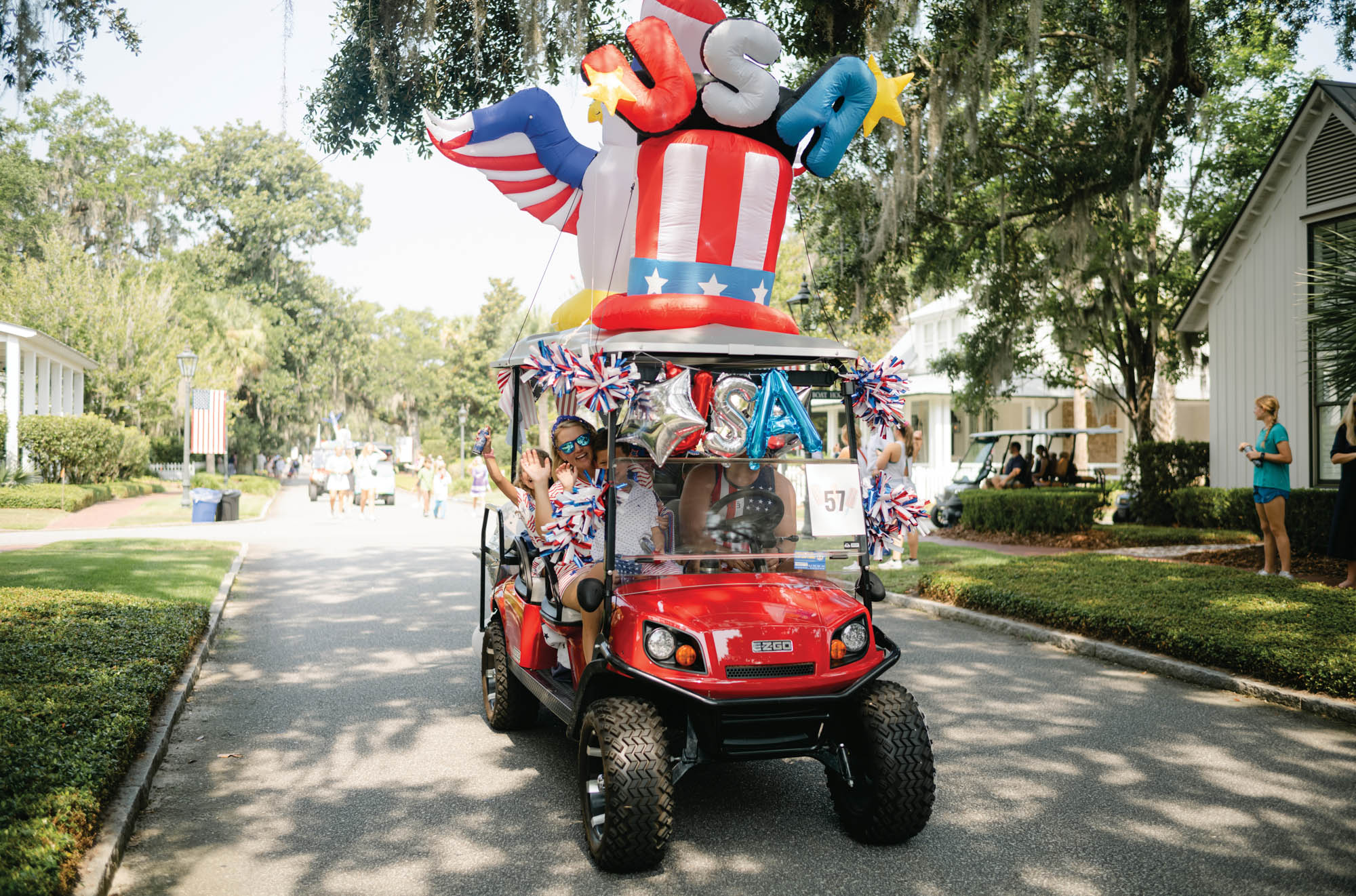
Photography by Charlotte Zacharkiw The fourth of July is the highlight of the Palmetto Bluff calendar. Follow along with the Truslow family on this magical summer day. Neal and Lauren Truslow come to Palmetto Bluff as often as they can. Their kids...
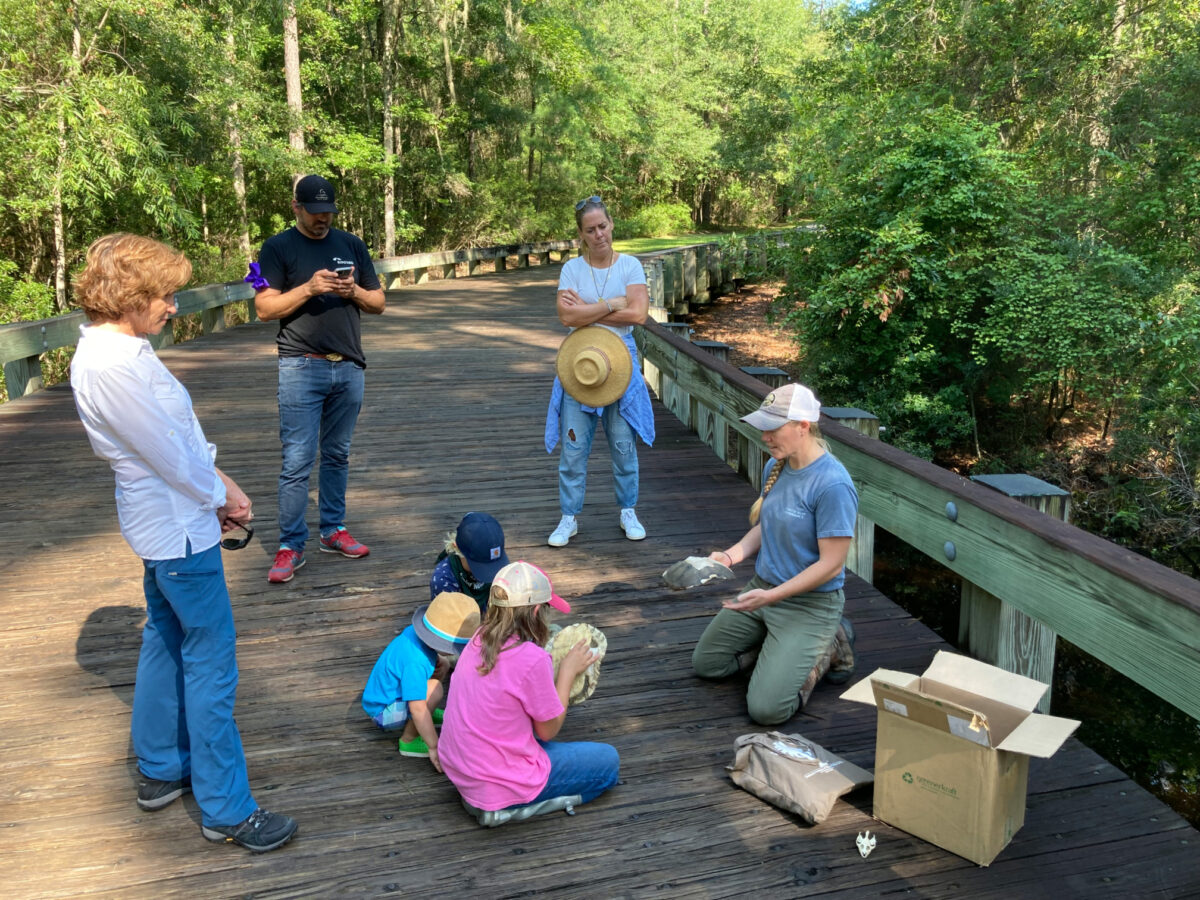
Protecting Nature and History at Palmetto Bluff In the heart of South Carolina's Lowcountry lies Palmetto Bluff, a sanctuary of natural beauty, rich history, and vibrant ecosystems. Since its establishment in 2003, the Palmetto Bluff Conservancy has been dedi...

Photography by Gately Williams Cruise Control Palmetto Bluff lies at the heart of the vast network of rivers and creeks that connect the South Carolina Lowcountry’s barrier islands. A stone’s throw from the notable cultural and historic hubs of Savannah, B...
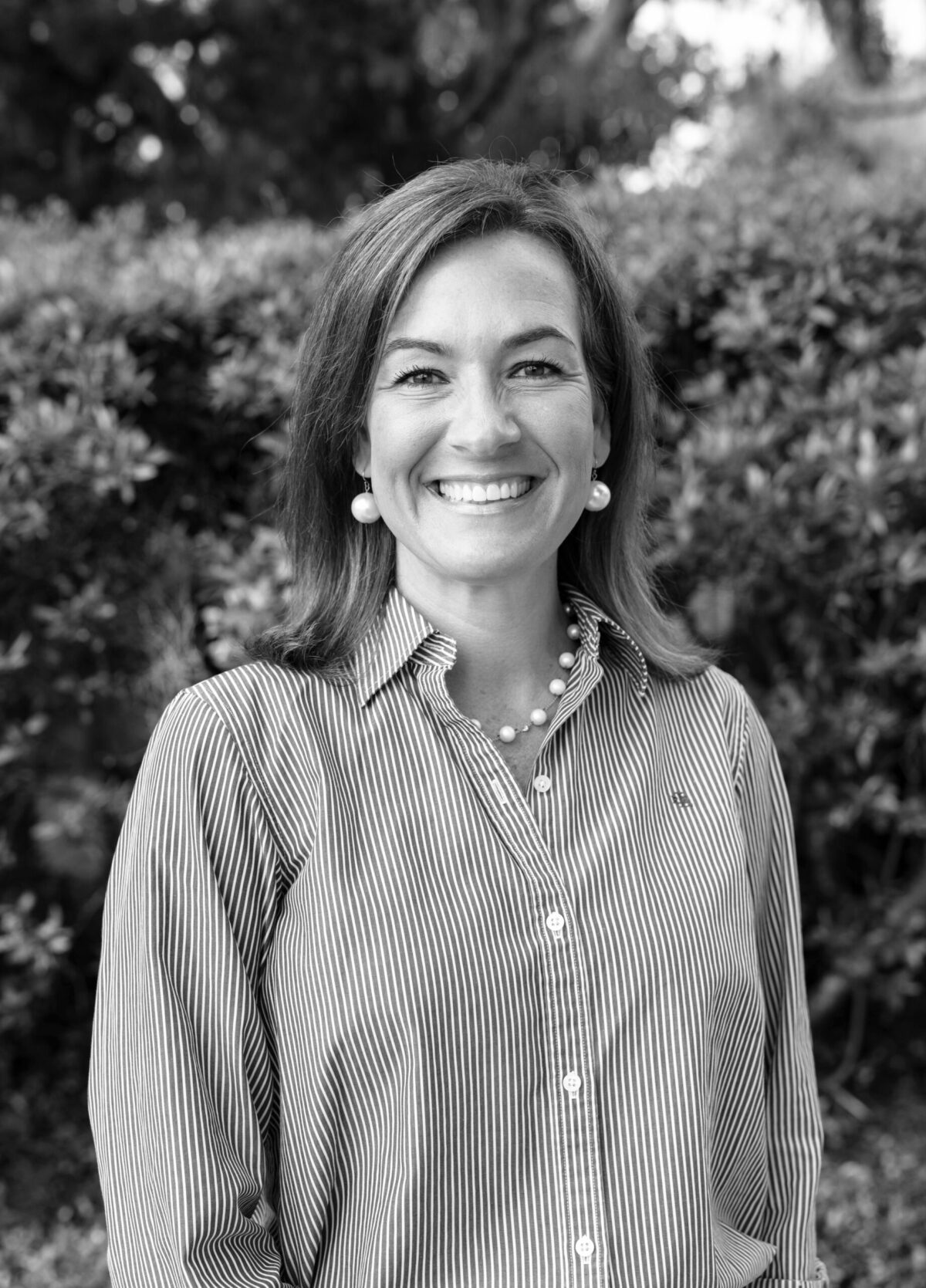
Tracy’s Journey to Palmetto Bluff Real Estate Situated in the heart of Bluffton, South Carolina, Palmetto Bluff is more than just a community—it's a place of magic and wonder. For Tracy Schyberg, a dedicated sales executive with the Palmetto Bluff Real Estate...
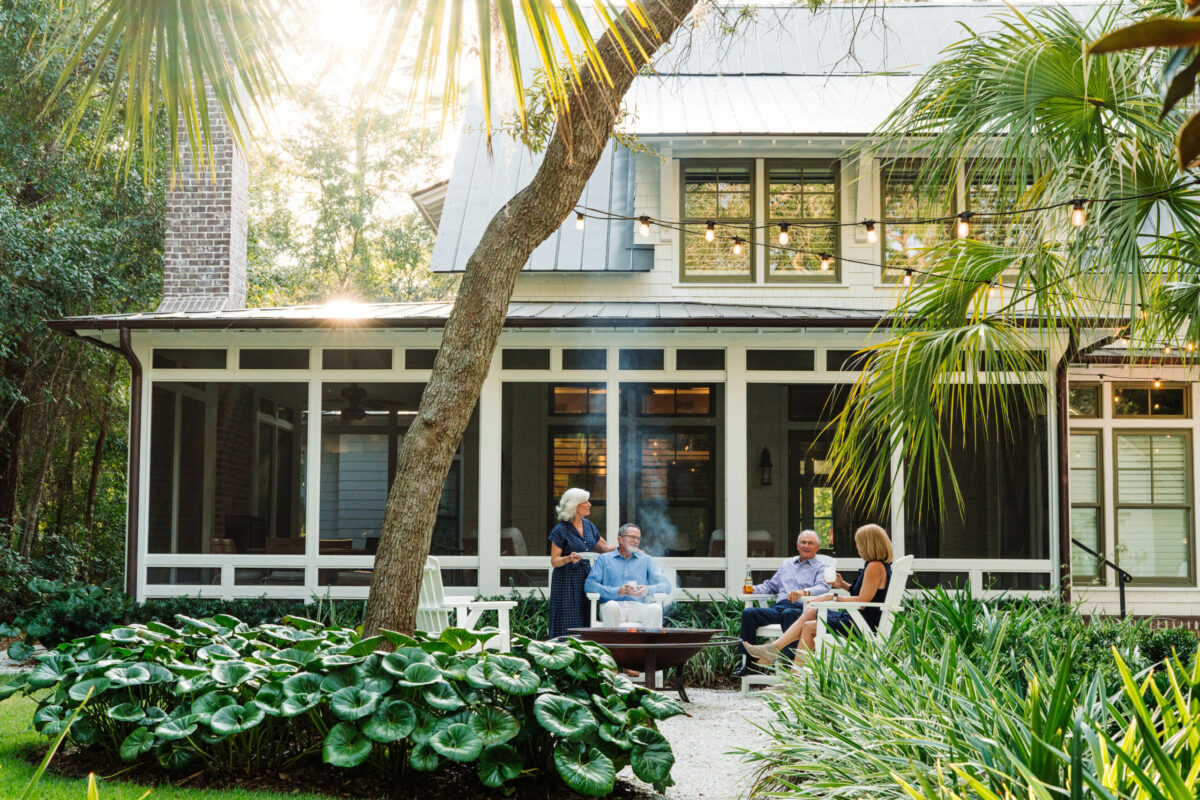
Enhancing Coastal Living With Lowcountry Landscaping Trends The Lowcountry lies along the southeastern coast of the United States, a region known for its breathtaking landscapes, rich history, and unique culture. From the charming streets of Charleston to the...
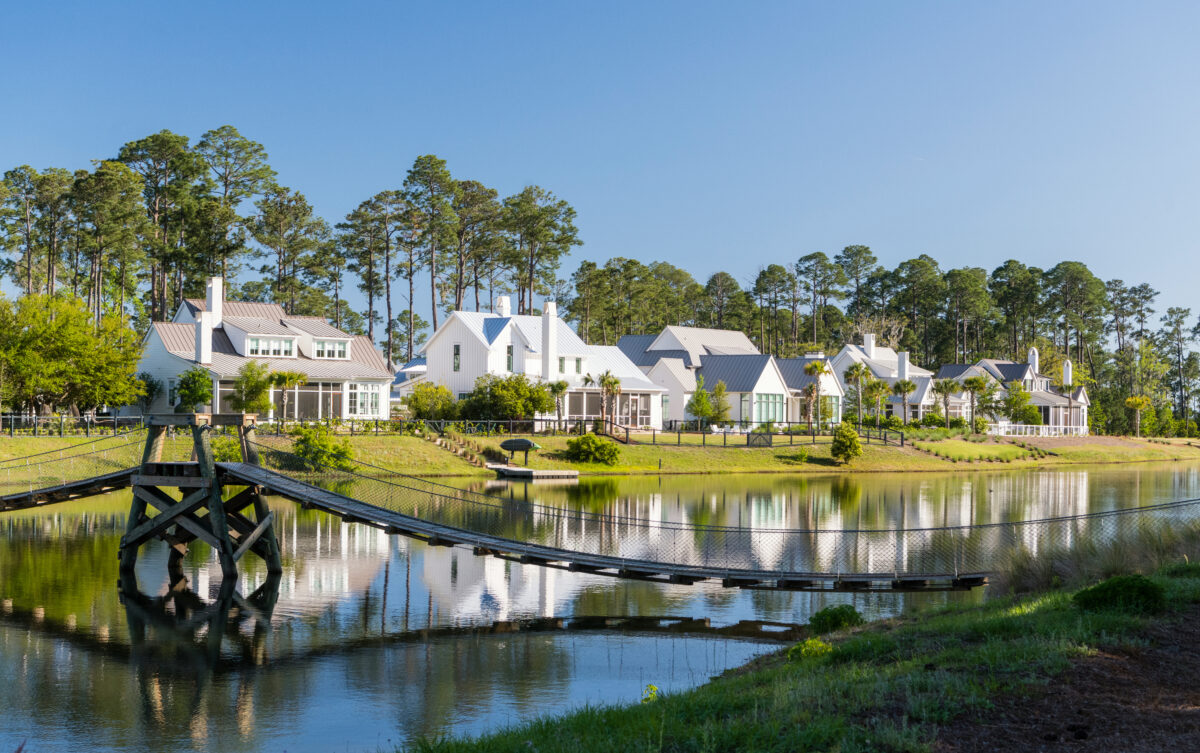
Palmetto Bluff Real Estate Available in Moreland Forest Nestled in the heart of the Lowcountry, Moreland Forest is a charming neighborhood known for its beautiful natural surroundings, Lowcountry architecture, and luxurious amenities. Within the lush forests ...
Learn about the Palmetto Bluff Conservancy and how we keep the vision of our land in place.
On land or water, there is an ever-evolving variety of activities.
We do not attempt to independently verify the currency, completeness, accuracy or authenticity of the data contained herein. All area measurements and calculations are approximate and should be independently verified. Data may be subject to transcription and transmission errors. Accordingly, the data is provided on an “as is” “as available” basis only and may not reflect all real estate activity in the market”. © [2023] REsides, Inc. All rights reserved. Certain information contained herein is derived from information, which is the licensed property of, and copyrighted by, REsides, Inc.